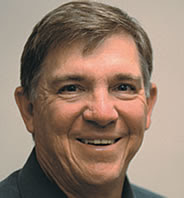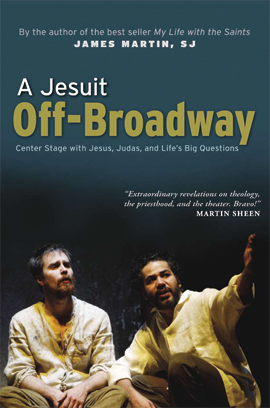"the body of this,"

by Andrew McNabb
Andrew McNabb penetrated the heads of dozens of characters, discovered their thoughts, and reports his findings in “the body of this.”
Often, it’s brilliant.
It’s writing filled both with humanity and a sense of place, descriptive in a way that refuses to ignore who and what we pass by everyday but fail to see.
Especially who.
The setting for most of the often very brief short stories in McNabb’s collection (published in paperback by Warren Machine Company) is Portland, Maine – and the old portion of Portland. The people whose minds McNabb has invaded are God’s people – church-going, Catholic people – and for the most part believable and real.
Meet some faith-filled folk
Take Terry, the central character of one short story who takes the approach to customer service that “could only, only be provided by loving your neighbor with all your might.”
Meet Lydia, the immigrant trying to dress well and fit in at high school.
There's Frank, the lonely senior citizen serving food to the needy in the church basement who feels misunderstood.
And that young couple who decorated the baby’s room in anticipation of their first child only to…no, you’d better read that one yourself.
Lots of winners, but not all
McNabb writes some pretty weird stuff, too. When someone can bring together both reality and a sense of imagination the way he can, a reader has to wonder why he stoops to vulgarity at times.
It’s offensive. And unnecessary.
I say unnecessary because the empathy McNabb has for what some might call the least of God’s people is truly eye-opening, a blessing for his readers.
His insight into America’s obsession with losing weight is gorgeously brought out in the little more than four pages of the tightly written “Habeas Corpus.”
And the first-person story about a lottery winner – “It’s What It Feels Like” – is a marvelously-told piece of work that’s more about marriage – and the sometimes one-sideness of marriage – than about winning millions.
Is it what it looks like?
Or is it what it feels like?
And how about us?
What are all those people thinking, the ones we live with, the ones we work with and study with and volunteer with – and love?
What's really on their minds?– bz



No comments:
Post a Comment